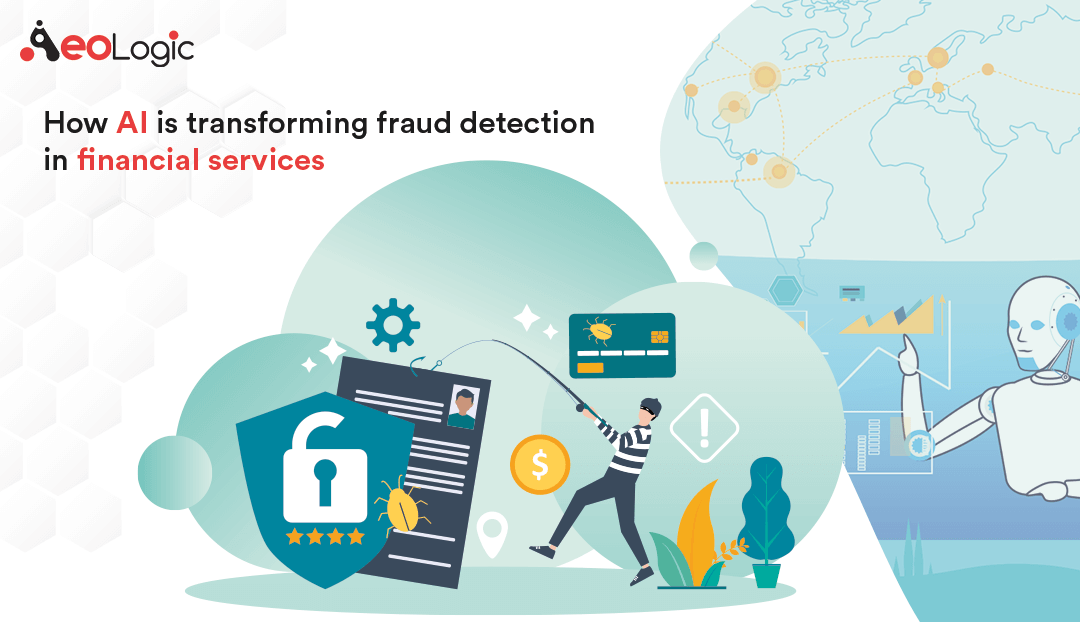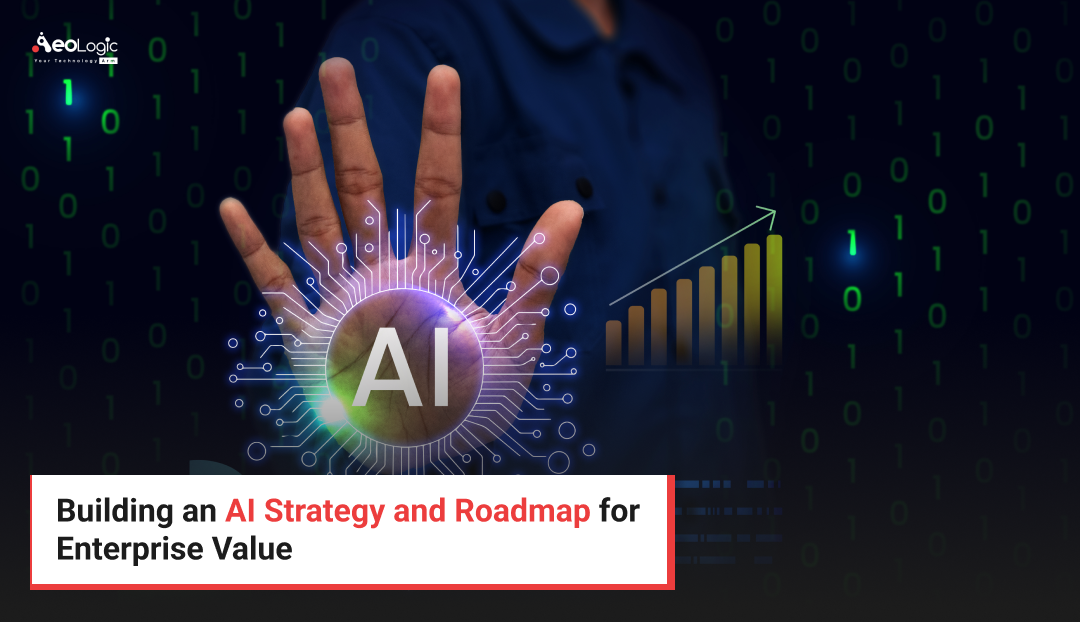From television to internet to artificial intelligence; Technology has continuously evolved in the past 20 years. With the advent of disruptive technologies like blockchain, artificial intelligence and IoT or Internet of Things, the way we conduct businesses has also unfolded to new levels. Innovative restrictions are now only limited to the imagination. Companies in the supply chain, manufacturing, finance, digital transformation (both product and services) and sustainability energy sector, are the ones who have benefited amazingly well with these technological transactions.
But since the financial sector is one sector which is more frequently compounded by fraudsters; it becomes more relevant to dissect the progress of AI in this particular area. Here’s how Artificial Intelligence has transformed the financial sector in the past decade-
Advancements in Risk Assessment- The very basis of Artificial Intelligence is learning from past experience or data (thanks to the machine learning algorithm). This is the way, AI has been able to reform around 70% of risk analytics of financial sector. How? Artificial Intelligence has applied automation to the area which requires clear thinking, and analytical intelligence.
Another great bend in AI-based tech advancements is accomplishing customer satisfaction. The smart combination of Machine learning along with AI through chatbot has proved itself as an unmatched resource when it comes to saving time. Although it’s true that bots cannot do negotiations, but they can indeed fix meetings and schedule events. So, that’s progress.
“We’re witnessing the creative destruction of financial services, rearranging itself around the consumer. Who does this in the most relevant, exciting way using data and digital, wins!”– Arvind Sankaran
More progressive risk assessments– AI through its inherited ability from Machine learning is now able to scan past data. By scanning past data, AI can now make recommendations on loans, credit offerings and run a small verification check.
Conducting fraud detection and Management- The main intention of a financial institution is to reduce the probability of risks conditions surrounding the business. A loan is basically someone else’s money in your account, which is why banks, take frauds around loans very seriously.
Artificial Intelligence comes on top of fraud identification and security. How? AI uses the data of past spending behaviours collected through studying/scanning/mapping transactions to point out one single odd behaviour. This can be anything from directing a large number of funds or something as common as a credit card fraud (non-payment of dues).
Movement into Financial Advisory- AI and Machine Learning into advisory, is still under investors scrutiny and at a prototype stage, but according to PWC, we can expect Robo-advisors earlier than predicted. The pressure on financial institutions is huge to reduce the commission rate, this is where AI comes into picturer–i.e–working for one single down payment. In short, AI will be looked upon as a decision-making tool in the financial sector which will further increase work efficiency and foster spontaneity.
To have a more detailed understanding, here are a few more applications of AI in the financial sector-
- Anti-money laundering or AML Detection
- Algorithmic trading
- Fraud detection
- Customer recommendations
- Trading
Final Words- Without a speck of any light doubt, Artificial Intelligence and Machine Learning is the future of the financial industry. AI is not here to replace humans but is here to make customer experiences better, easier and faster. But AI benefits are not limited to finance only, and owing to the digital wave disrupting businesses right now, early adoption of AI is both recommended and must. Need a quick consultation from the experts, talk to us?
Partner with a digital transformation company to modernize legacy systems, optimize operations, enhance customer experiences, and drive measurable growth while staying competitive in evolving markets.

Manoj Kumar is a seasoned Digital Marketing Manager and passionate Tech Blogger with deep expertise in SEO, AI trends, and emerging digital technologies. He writes about innovative solutions that drive growth and transformation across industry.
Featured on – YOURSTORY | TECHSLING | ELEARNINGINDUSTRY | DATASCIENCECENTRAL | TIMESOFINDIA | MEDIUM | DATAFLOQ





